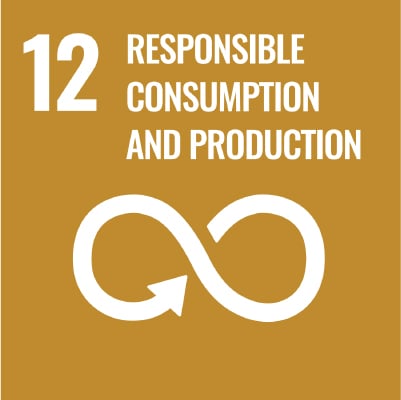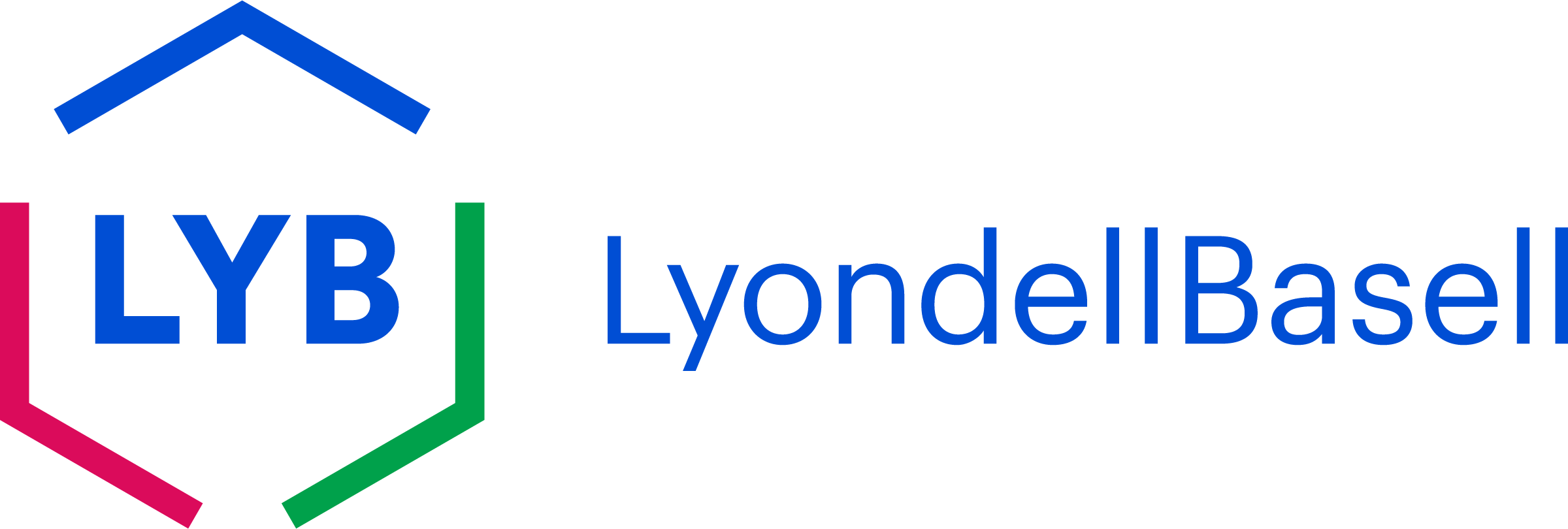
Goal 12. Ensure sustainable consumption and production patterns.
We believe that transitioning to a circular economy will reduce resource use and enable a more sustainable future. We are advancing technologies and innovations that will help conserve finite resources and retain their value for as long as possible. By 2030, LyondellBasell aims to produce and market 2 million metric tons of recycled and renewable-based polymers annually. We also support the voluntary commitments of PlasticsEurope, the Polyolefins Circular Economy Platform and the American Chemistry Council to achieve high rates of plastic reuse and recycling.
- PlasticsEurope Goals
- 60% reuse and recycling of plastic packaging by 2030
- 100% reuse, recycling or recovery of plastic packaging by 2040
- Polyolefins Circular Economy Platform Commitment
- Increase the use of recycled post-consumer polyolefin waste in new products to 3 million tons per year by 2025
- American Chemistry Council Goals
- 100% of plastics packaging is recyclable or recoverable by 2030
- 100% reuse, recycling or recovery of plastic packaging by 2040


